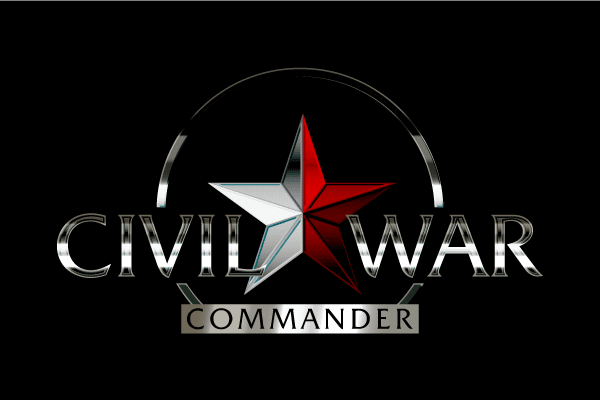Roman Civil War 49-30 BC
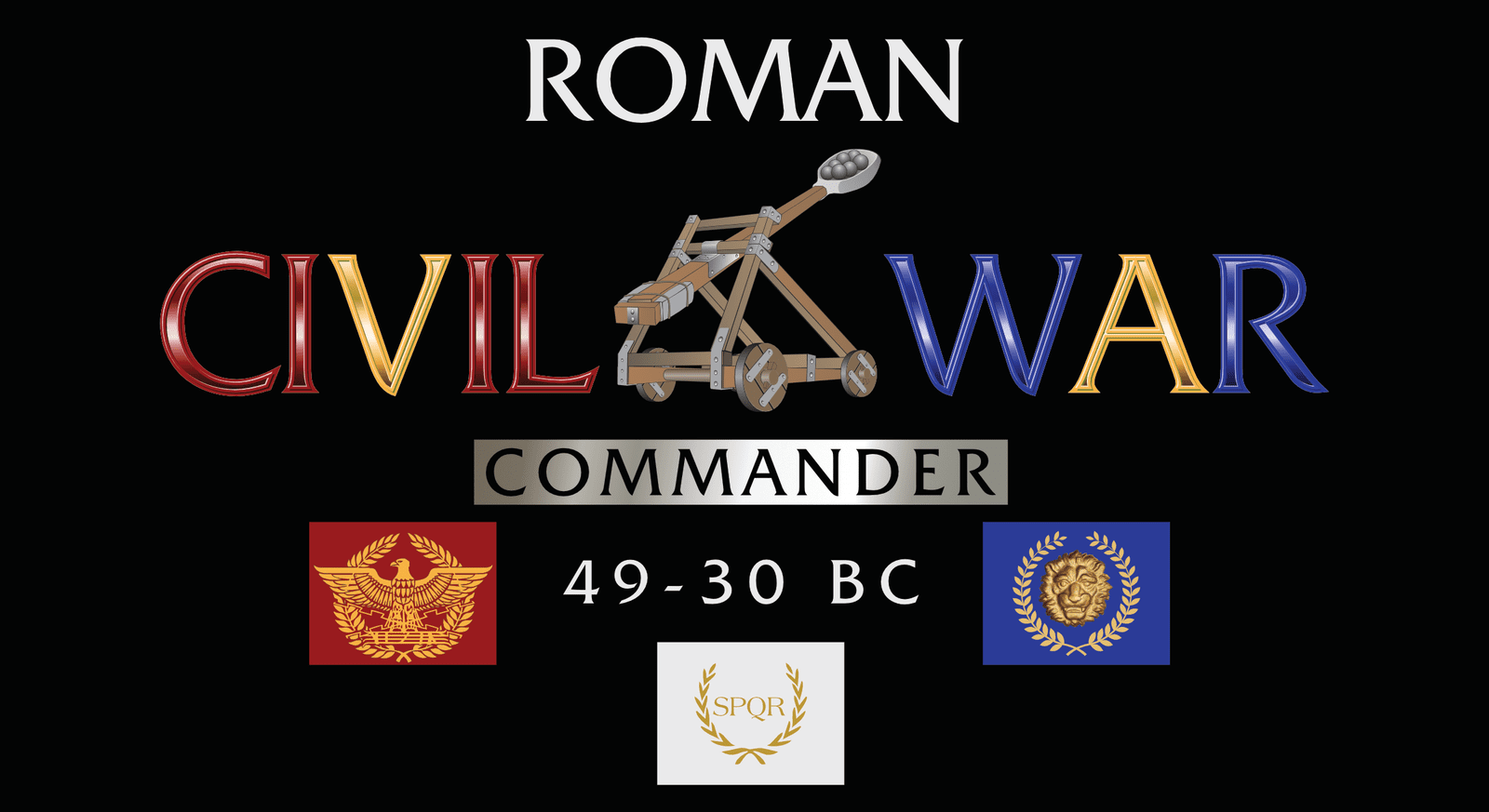
If ever there was a war of aristocrats, this was it. Not really a war of the Roman people, but a war among aristocrats with too much or too little military training, in command of legions. This conflict comprised a series of civil wars reflecting the resistance of the corrupt (but manageable) Republic against the Patrician populist movement. In the middle of this chain of wars lay the Ides of March and, at the end of them, the beginning of the Roman Empire proper. It started with a triumvirate (Crassus, Pompey and Caesar) and ended with another (Lepidus, Anthony and Octavian). The Roman Civil Wars were not so much a struggle to conquer territory around the Mediterranean as they were to conquer a place in the hearts of the far too trusting Roman population.
Coming Soon!
Coming Soon!
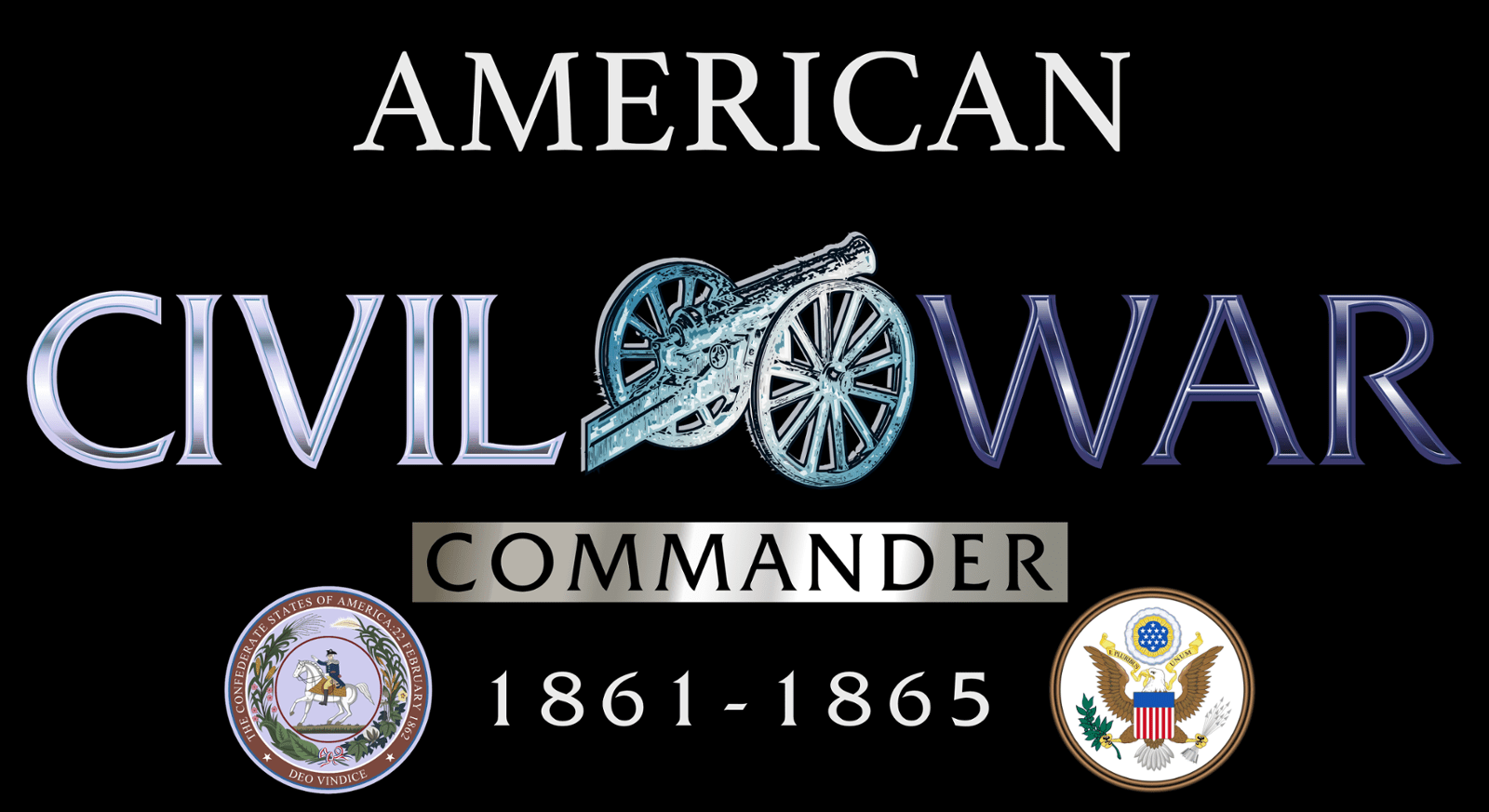
What more can be said about the greatest war fought in the western hemisphere? Was it really fought over the abolishment of slavery or to impede the secession of Southern States? Whatever the cause, it seems the Confederacy never had a chance. Or did they? If, on one hand, the South could not afford a prolonged war due to their inability to come up with a successful war economy, on the other hand, the North could hardly justify the loss of an entire generation to war.
This was a more modern war, to which both sides were unaccustomed. The weapons had developed to a point where earlier Napoleonic tactics were no longer valid in the killing fields of Shiloh and Antietam. Abraham Lincoln fired one commander after another, because they were not aggressive enough in their strategy. Robert E Lee seemed infallible until he lost his "right arm" (Stonewall Jackson) at Chancellorsville and met his "Waterloo" at Gettysburg. The war ended when the South could fight no longer and when the North could destroy no more. The United States of America remained, indeed, united.
Available Now!
This was a more modern war, to which both sides were unaccustomed. The weapons had developed to a point where earlier Napoleonic tactics were no longer valid in the killing fields of Shiloh and Antietam. Abraham Lincoln fired one commander after another, because they were not aggressive enough in their strategy. Robert E Lee seemed infallible until he lost his "right arm" (Stonewall Jackson) at Chancellorsville and met his "Waterloo" at Gettysburg. The war ended when the South could fight no longer and when the North could destroy no more. The United States of America remained, indeed, united.
Available Now!
Russian Civil War 1917-1922
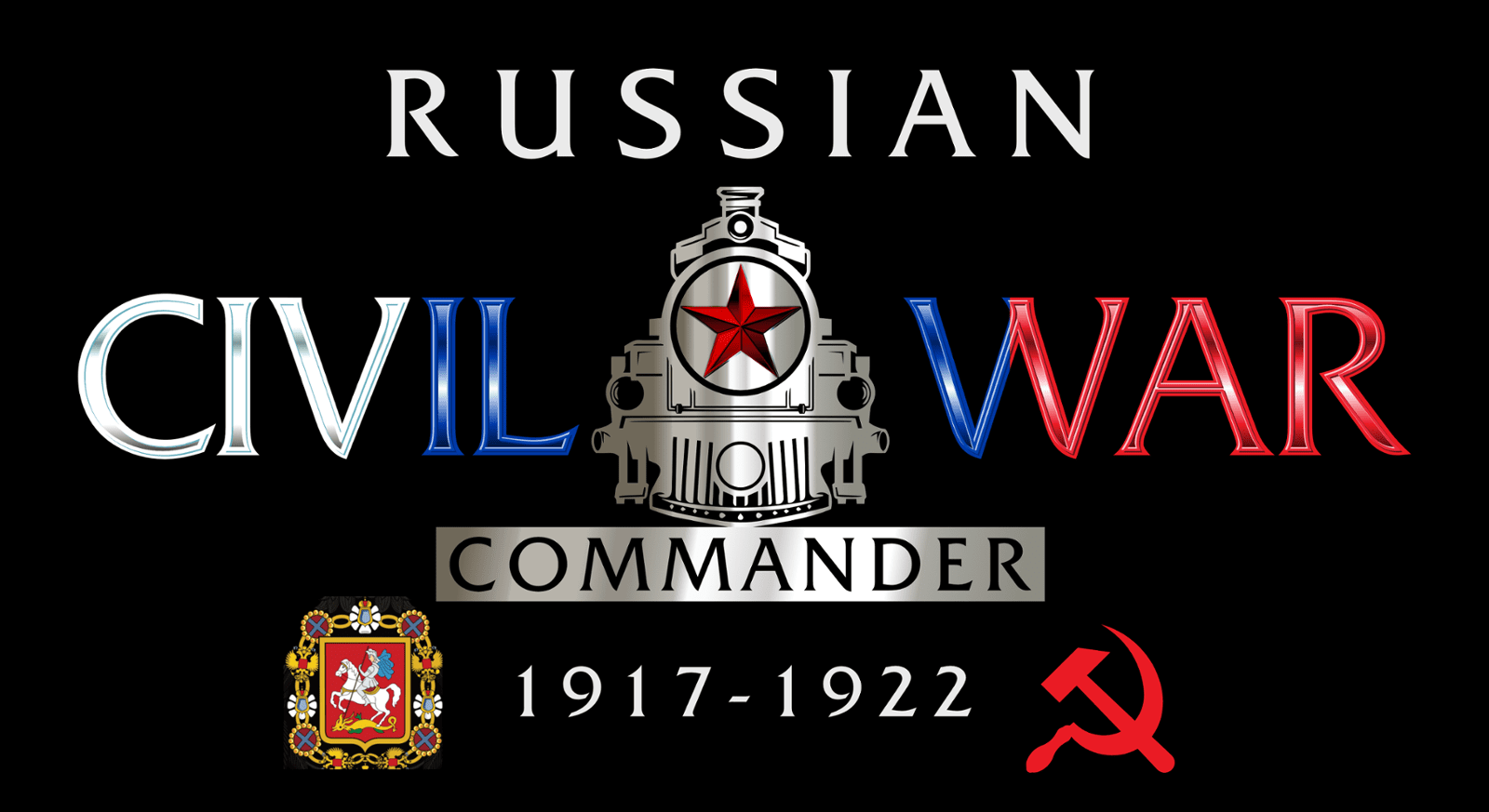
The October Revolution of 1917 arguably sparked the greatest change in modern world history. While the March overthrow of Tsar Nicholas II promised an albeit feeble chance for democracy in Russia, the subsequent Bolshevik coup heralded the collapse of an empire; some of which had stood for centuries. It was a grim fate for the long suffering Russian people, who had come out of the defeat of the Great War only to become immersed in an even longer fight within their borders. White Guards and Red Guards fought it out. In the middle was Leon Trotsky in his armoured train, not always predictable, but managing to keep the communist ideal alive; while Vladimir Lenin contemplated the fate of the royal family. The war was a defeat for the all sides involved; a blood bath that would continue long into the Stalinist Great Terror of the 1930s.
Coming Soon!
Coming Soon!
Chinese Civil War 1927-1949
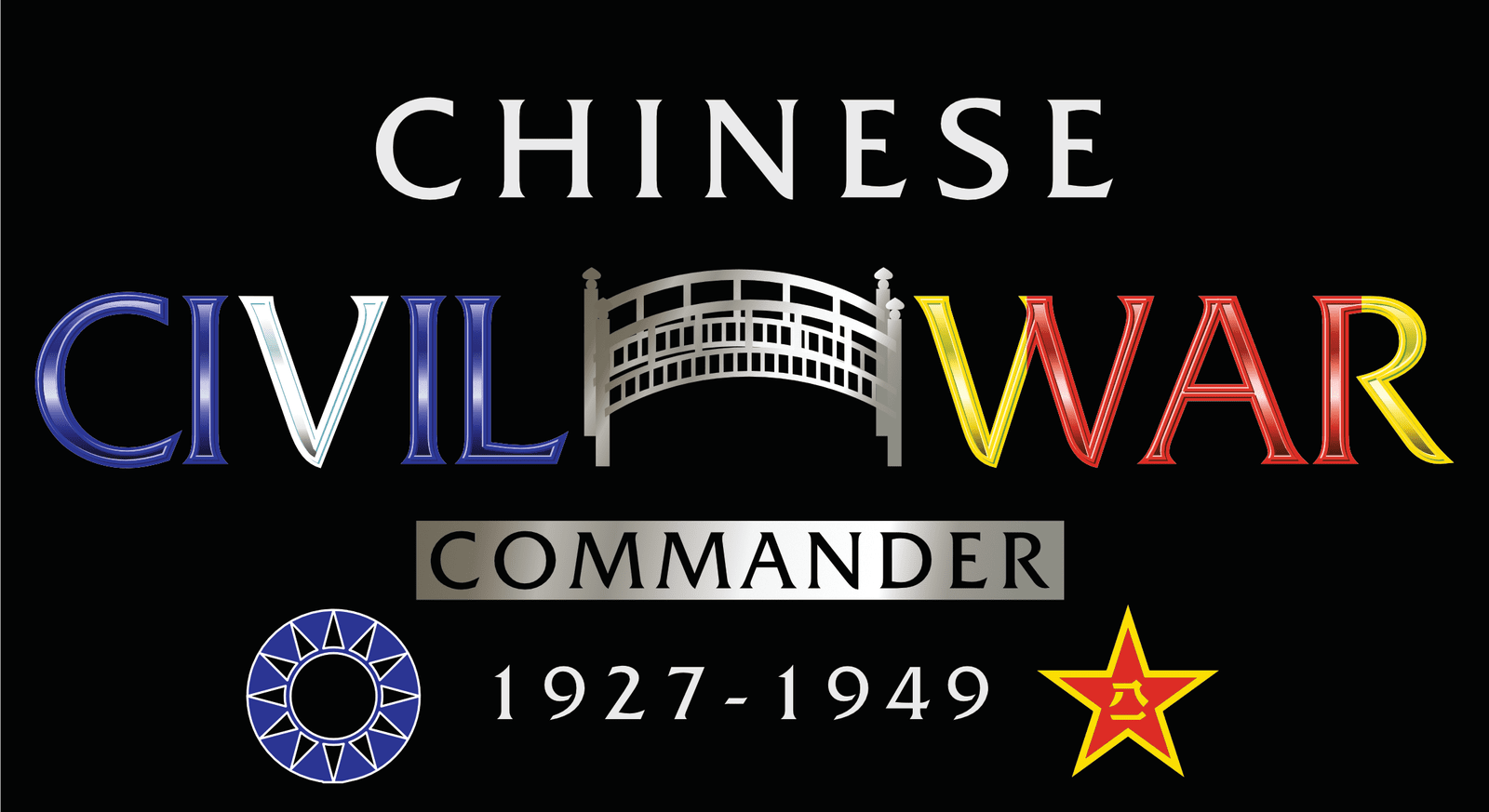
Four thousand years of the most prestigious culture and once largest empire in history came to an abrupt end when the peasants revolted against the long ignored exploitation of the western powers. Mao Tse Tsung would not stand for the continual undermining of China, the "centre of the world." Against this initially progressive force rose the Kuomintang, led by the charismatic Chiang Kai-shek. With the brutal interruption of Imperial Japan’s rape of the eastern portion, both the communists and nationalists paused to defeat the Nippon invader. Nevertheless, the Chinese Civil War was quickly rekindled, resulting in another October victory.
Coming Soon!
Coming Soon!
Spanish Civil War 1936-1939
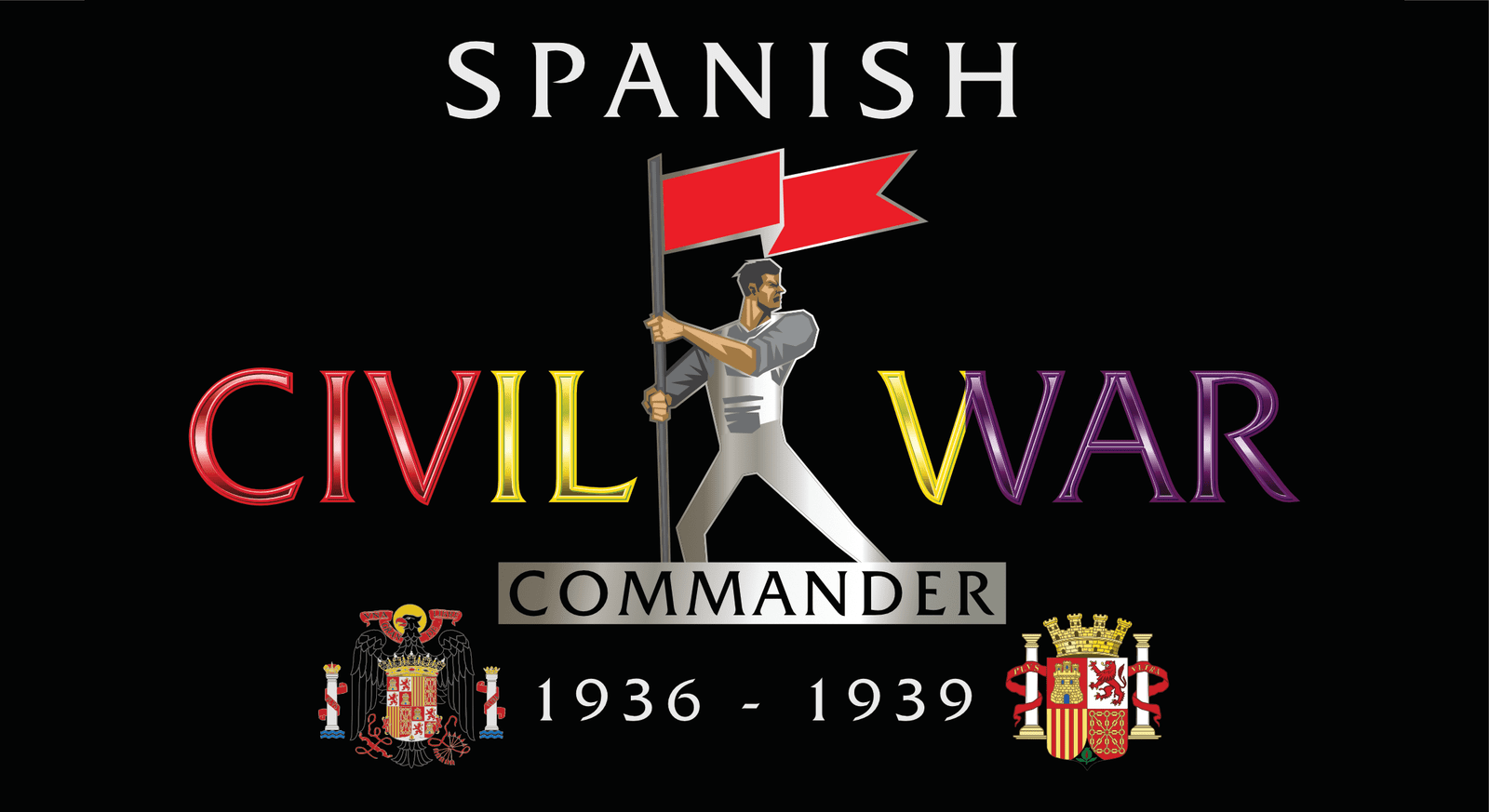
The Spanish Civil War transcended its borders from the very beginning, capturing the imaginations of idealists committed to fight the rising fascism in Europe as well as those eager to block the spread of international Communism.
For the Spaniards themselves, it was a conflict decades in the making. On one hand, Spain had become the sick man of Europe, lagging behind even the poorest countries economically, socially and culturally. On the other hand, the changes that the Second Republic brought were, perhaps, too much for a traditionalist albeit disenfranchised population to take in such short time.
The officers of the Spanish Army could no longer stand by idly while their nation lost, what they regarded, as its national identity. The inroads that Soviet Communists began making into the Spanish Government, upon the wake of this national crisis was the flashpoint for the coup in July 1936.
The Nationalists soon found an uncompromising military leader and statesman in Francisco Franco. With crack units from the Army of Africa, and with weapons, troops and finance from the Nazis and Fascist governments, rebel Spain was on its way to a crusade to cleanse Spain. The Republic was not able to harness their population strong will to fight due to internal divisions. Even the help of the International Brigades and Soviet Union was unable to stem the tide of Nationalist victories.
Awesome AI for solo play or for two opponents. As a player for the loyalist Republicans or rebellious Nationalists you have to win battles in the field. Choose your strategy: defend or capture Madrid and Barcelona, inflict prohibitive losses on the enemy or sway world opinion against him. Whatever your plan is, your industry, agriculture, imports and bank credit are not as crucial a resource as the foreign aid you receive. Use your militia and armies wisely. Regardless of what you do on the battlefield, Spain can only take so much war before the war becomes unwinnable for both.
Available Now!
For the Spaniards themselves, it was a conflict decades in the making. On one hand, Spain had become the sick man of Europe, lagging behind even the poorest countries economically, socially and culturally. On the other hand, the changes that the Second Republic brought were, perhaps, too much for a traditionalist albeit disenfranchised population to take in such short time.
The officers of the Spanish Army could no longer stand by idly while their nation lost, what they regarded, as its national identity. The inroads that Soviet Communists began making into the Spanish Government, upon the wake of this national crisis was the flashpoint for the coup in July 1936.
The Nationalists soon found an uncompromising military leader and statesman in Francisco Franco. With crack units from the Army of Africa, and with weapons, troops and finance from the Nazis and Fascist governments, rebel Spain was on its way to a crusade to cleanse Spain. The Republic was not able to harness their population strong will to fight due to internal divisions. Even the help of the International Brigades and Soviet Union was unable to stem the tide of Nationalist victories.
Awesome AI for solo play or for two opponents. As a player for the loyalist Republicans or rebellious Nationalists you have to win battles in the field. Choose your strategy: defend or capture Madrid and Barcelona, inflict prohibitive losses on the enemy or sway world opinion against him. Whatever your plan is, your industry, agriculture, imports and bank credit are not as crucial a resource as the foreign aid you receive. Use your militia and armies wisely. Regardless of what you do on the battlefield, Spain can only take so much war before the war becomes unwinnable for both.
Available Now!
Korean War 1950-1953
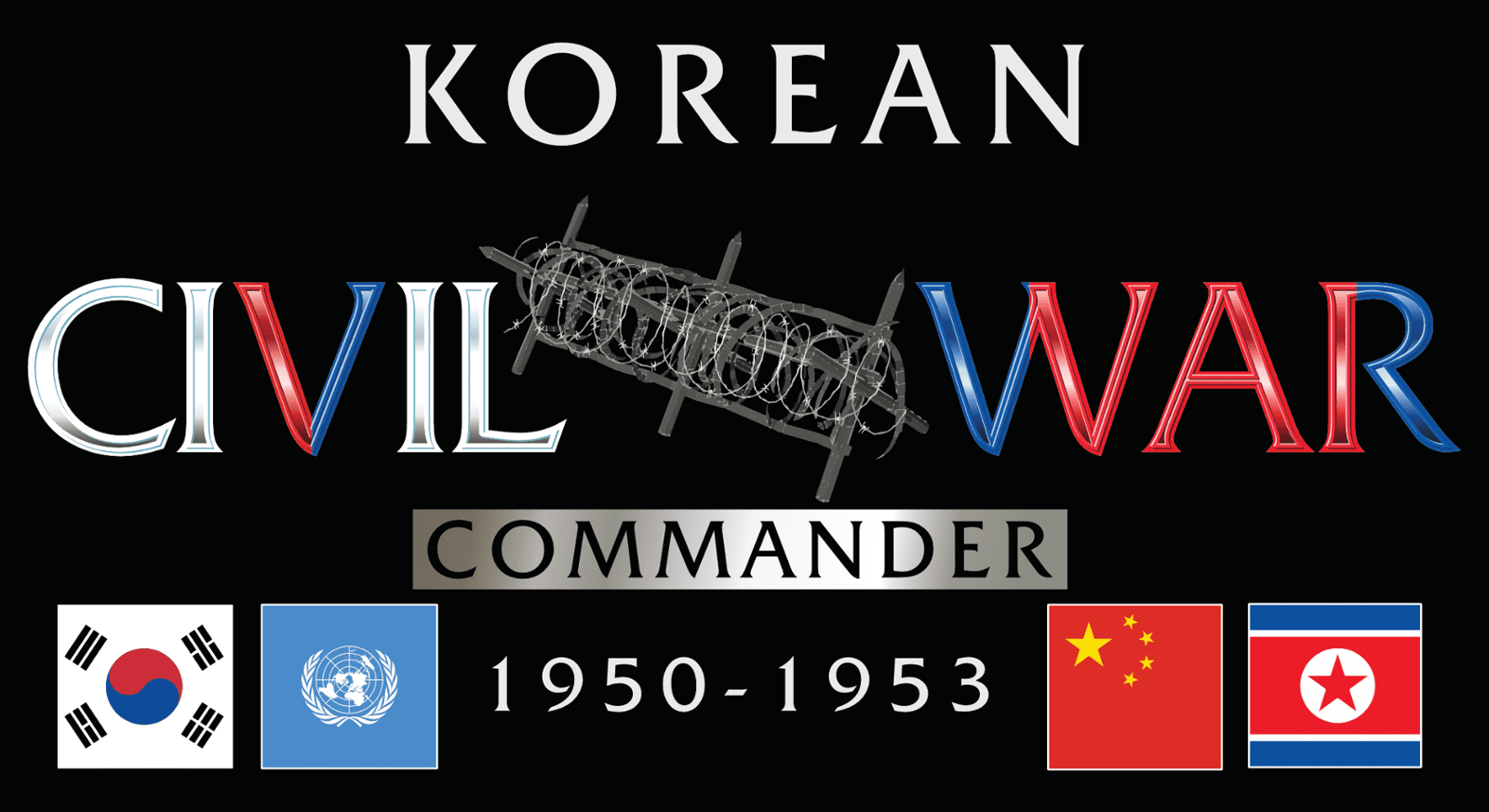
The so-called ‘Cold War’ is one of the greatest euphemisms of all times – it was not so cold a war. What US President Harry S. Truman called a police action was at first a lightning advance by northern communists that pushed the South and United Nations forces to hang by their fingernails onto a small corner of the country. Then, all bets were off; maverick five-star General Douglas MacArthur’s daring gamble paid off with the Inchon amphibious assault. The war looked as good as won for the democracies, but the new People’s Republic of China came to the rescue of Kim Il Sung and the lines rolled south again. The war dragged on in trench warfare reminiscent of the Great War to end where it had begun.
Coming Soon!
Coming Soon!
Vietnam War 1955-1975
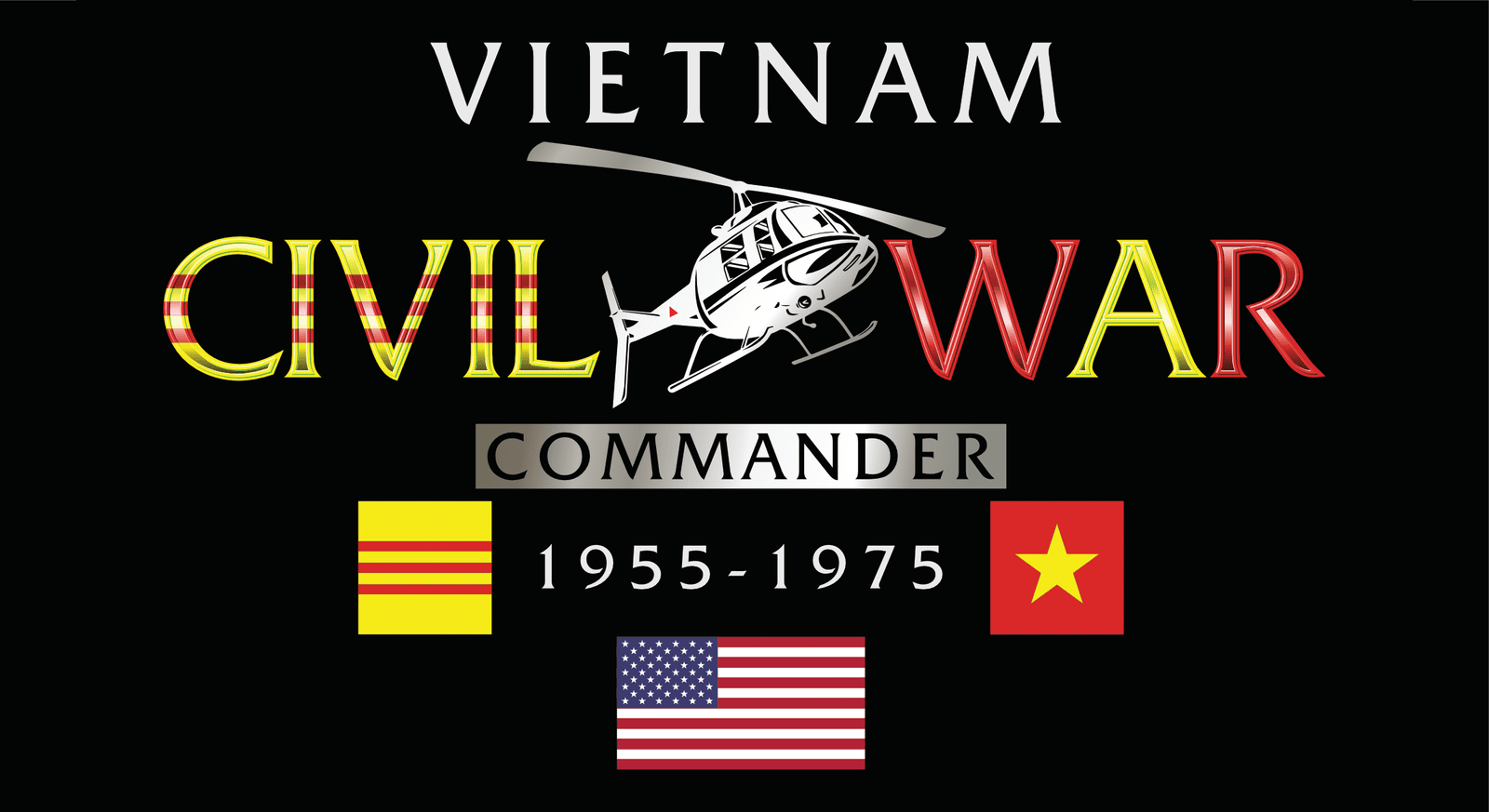
This gigantic and excruciatingly complex conflict fed into the turmoil of other smaller surrounding civil wars in Laos and Cambodia. After 1000 years of oppression and discrimination at the hands of the Chinese, and half of the 20th century under French and Japanese control, the Vietnamese people, led by Ho Chi Minh, were ready for independence. The Allies’ broken promises post WWII was the final straw. The Viet Minh fought back and the French colonialists suffered the humiliating defeat at Dien Bien Phu.
For about a decade there was a lull, but underneath the surface, the new North Vietnamese Army organized a strike against South Vietnam, while the Viet Cong guerilla forces were already making their incursions.
America’s tragic involvement contributed not only to their longest war, but to the assassination of one president (Kennedy), the downfall of another (Johnson), and the resignation of yet another (Nixon). American strategists did not understand that North Vietnam’s goal was not immediate territorial gain, but to funnel the influx of US soldiers into a meat grinder to reach a death toll so prohibitive that civilian support of the war in the US could not continue. McNamara’s and Westmorland’s flawed strategy was not able to curb (or even dent) the final victory of communist Vietnam over the corrupt government of Saigon.
The costly lesson is that victory ultimately belongs to the side that is most willing to give up its life.
Coming Soon!
For about a decade there was a lull, but underneath the surface, the new North Vietnamese Army organized a strike against South Vietnam, while the Viet Cong guerilla forces were already making their incursions.
America’s tragic involvement contributed not only to their longest war, but to the assassination of one president (Kennedy), the downfall of another (Johnson), and the resignation of yet another (Nixon). American strategists did not understand that North Vietnam’s goal was not immediate territorial gain, but to funnel the influx of US soldiers into a meat grinder to reach a death toll so prohibitive that civilian support of the war in the US could not continue. McNamara’s and Westmorland’s flawed strategy was not able to curb (or even dent) the final victory of communist Vietnam over the corrupt government of Saigon.
The costly lesson is that victory ultimately belongs to the side that is most willing to give up its life.
Coming Soon!

